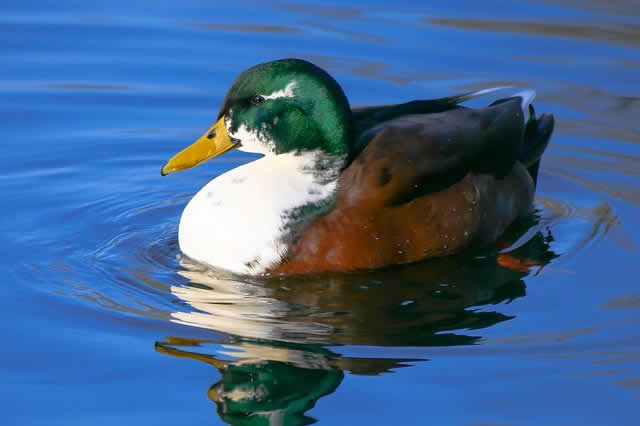Pagar o pato em inglês: To carry the can | To take the fall (or hit | lumps) | To hold the short end of the stick
“To carry the can, to take the fall (or hit | lump), to hold the short end of the stick” podem significar figurativamente pagar o pato em inglês. Ou seja, levar a culpa ou ser o mais prejudicado. É uma expressão idiomática muito comum no Brasil. Aqui todo mundo sabe que “pagar o pato” é assumir a responsabilidade ou a culpa por outra pessoa quando alguma coisa dá errado.
O que significa “to carry the can” em inglês?
“To carry the can” significa carregar a lata literalmente porém, significa pagar o pato figurativamente.
O que significa “to take the fall (or hit | lumps)” em inglês?
“To take the fall (or hit | lumps)” significa levar a queda, a pancada literalmente porém, quer dizer pagar o pato figurativamente.
O que significa “to hold the short end of the stick” em inglês?
“To hold the short end of the stick” significa segurar a extremidade curta do bastão literalmente porém, sofrer os efeitos colaterais de uma situação, também quer dizer pagar o pato figurativamente.
What do “to carry the can, to take the fall (or hit | lumps), to hold the short end of the stick” mean?
“To carry the can (BrE), to take the fall (or hit | lump), to hold the short end of the stick” are idioms. The definition or meaning is “to take the blame or responsibility for something that is wrong or has not succeeded; to accept the result or punishment one deserves”. Another meaning would be “to incur blame or censure for another’s misdeeds; to suffer the bad effects of a situation”. See some examples with Portuguese translation.
How do you say “to carry the can, to take the fall (or hit | lump), to hold the short end of the stick” in Portuguese?
- When something goes wrong in the company, the manager always carry the can. / Quando algo dá errado na empresa, o gerente sempre paga o pato.
- John and Paul pulled the job off together, but only John took the fall. / O João e o Paulo fizeram o serviço (crime) juntos, porém somente o João levou a culpa (ou pagou o pato).
- I wasn’t going to take the fall for him ./ Eu não ia pagar o pato por ele.
- John decided to lie doggo and let Paul take his lumps. / O João decidiu ficar na moita e deixou o Paulo pagar o pato.
- When you jerks drop the ball, I’m left holding the short end of the stick. / Quando vocês babacas pisam na bola, sobra pra mim pagar o pato sozinho.
- As usual, I was left to carry the can. / Como de costume, me fizeram pagar o pato.
- I hate taking my lumps. I’d rather pretend nothing had happened. / Odeio sofrer as consequências. Prefiro fingir que nada aconteceu.
Quais são os outros significados de “duck” em inglês, além de “pato”?
“Duck” além de significar “pato” a ave, pode significar muitas outras coisas. Como gíria pode ser homossexual. Como verbo pode ser abaixar, agachar, mergulhar ou esquivar-se.
- She was so tall that had to duck her head to get through the door. / Ela era tão alta que teve de abaixar a cabeça para passar pela porta.
- He ducked behind the wall. / Ele se agachou atrás do muro.
- She was ducked in the river. / Ela foi mergulhada (imersa) no rio.
- My friend doesn’t like Steve because he’s a duck. / Meu amigo não gosta do Steve porque ele é gay.
- They cannot duck the issue forever. / Eles não podem esquivar-se do problema pra sempre.
| ||||||||||||||
